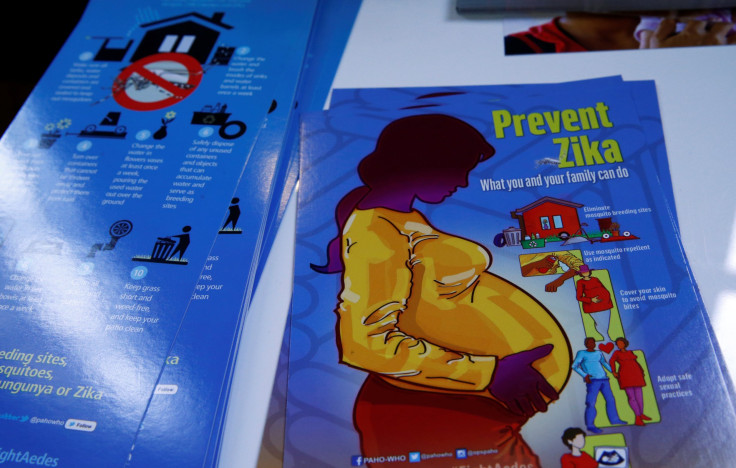US health institute declares one in ten women infected with Zika gives birth to babies with deformity

US government scientists declared Tuesday that one in every ten women gave birth to a fetus or baby with deformities last year. These moms were infected with Zika virus during pregnancy.
The new study from the US Centers for Disease Control and Prevention (CDC) involved 250 pregnant women who had confirmed Zika infection in 2016. The CDC Vital Signs report indicated that at least 24 women either had a fetus or baby with defects. In relation to the findings, a US health institute recommends that pregnant women avoid travelling to areas with risk of Zika, as well as unprotected sex with a partner who has travelled to a location at risk of the infection.
On a press release, CDC explained that when a pregnant woman acquires Zika infection, it would result to serious brain damage and microcephaly in developing fetuses. It is also likely to lead to congenital Zika syndrome in infants, a pattern of birth defects that involves brain abnormalities, vision problems, problems in the limbs and hearing loss. In some cases, babies appear healthy at birth but there are underlying brain defects or other health problems that the Zika infection may have caused.
“Zika continues to be a threat to pregnant women across the US,” CDC Acting Director Anne Schuchat, M.D. said. It can be scary and devastating to families.
Schuchat stresses that prevention is pivotal to protect the health of mothers and babies as a new mosquito season approaches. She added that health care providers can play a crucial part in prevention efforts.
Peggy Honein, Ph.D., the Zika Response’s Pregnancy and Birth Defects Task Force co-lead, said CDC advises that pregnant women refrain from travelling to places with risk of Zika and avoid unprotected sex to a man who has travelled to an area exposed to Zika infection. Honein assured that CDC continues to closely work with health departments on the US Zika Pregnancy Registry to check on babies with possible congenital Zika virus infection. Meanwhile, it urges health care providers to educate families on the prevention of Zika virus, provide all necessary follow-up care and tests and support families and babies.
Since the virus erupted on a comprehensive scale in mid-2015, over 1.5 million people have been infected, mostly in Brazil and other countries in South America. At least countries have been reportedly impacted. The virus is known to cause itchy rash but usually causes no symptoms.
Video Source: Youtube/WatchMojo.com




















